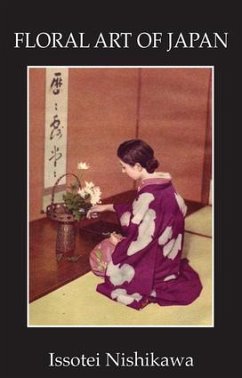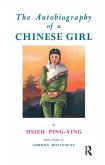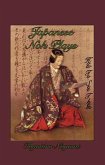First published in 2005. Japanese flower arrangement is much more than an elegant amusement - it is an expression of what the Japanese call furyu - to turn away from strife, and to lose oneself in the joys of peace and nature. It is the opposite of that other key aspect of Japanese culture - Bushido, the way of the warrior. The virtues of Bushido are persistence, fidelity, endurance, bravery and activity - those of furyu are subtlety, gentleness, restraint and repose. That they see no inconsistency or contradiction between these two ways of living is one of the most interesting characteristics of the Japanese people. This volume is a succinct and comprehensive guide to the history, theory and practice of this exquisite art. It explains the three fundamental forms of Japanese flower arrangement - Shin, Gyo and So, as well as the proper arrangement of the tokonoma, the alcove where the flowers are displayed. It explains how one has to 'see' the expressions and emotions in blossoms and branches to achieve the most harmonious combinations, and gives the history of the art going back to the Ashikaga Shogunate, describing the two great classical schools of Japanese flower arrangement - the formal (rikkwa) and the natural (nageire) styles. It also deals with two new schools - the heaven-earthman (ten-chi-jin) and literati (bunjin-ike) styles - concluding with an illustrated chapter on how to arrange flowers. This is a book full of timeless serenity and beauty.
Hinweis: Dieser Artikel kann nur an eine deutsche Lieferadresse ausgeliefert werden.
Hinweis: Dieser Artikel kann nur an eine deutsche Lieferadresse ausgeliefert werden.








